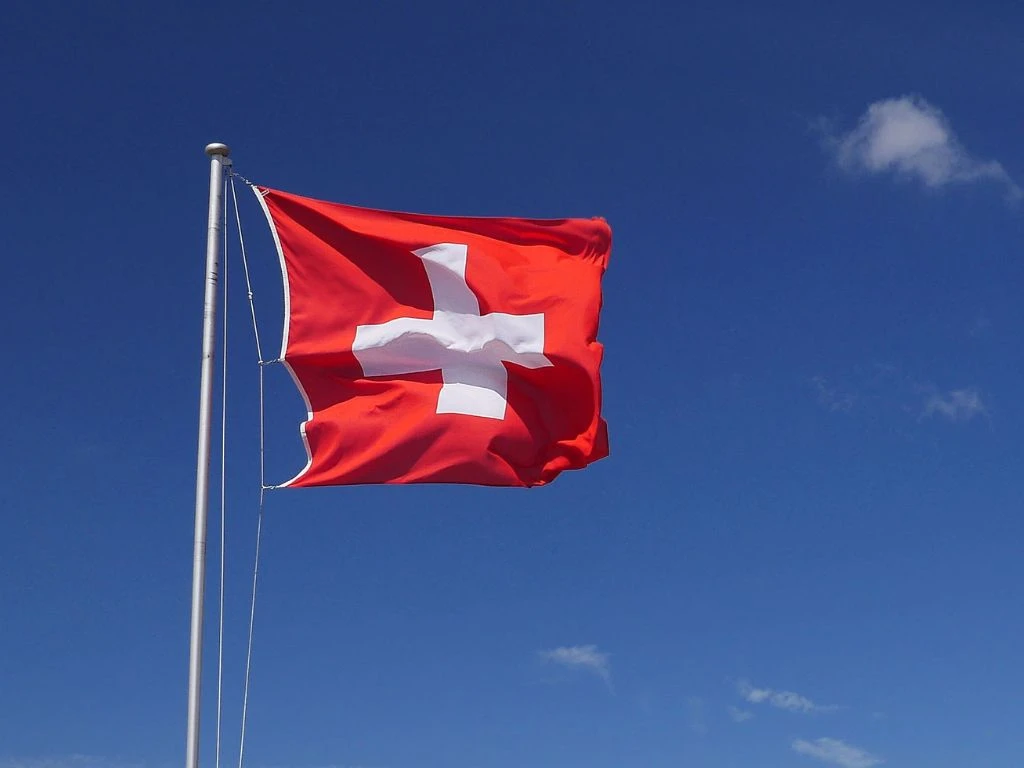
Switzerland is not a member of the EU or the European Economic Area (EEA) and all new substances must be notified, registered and/or declared in Switzerland before they are placed on the market. This is so even if they are already registered in the EU under REACH, have to be registered according to the Swiss Ordinance on Protection against Dangerous Substances and Preparations (Chemicals Ordinance; ChemO, SR 813.11, 4th Revision).
Switzerland has moved towards implementation of REACH through partial revision of the Swiss Chemical Ordinance on February 1, 2009. Switzerland has decided to move toward Reach implementation. The partial revision of the Swiss Chemicals Ordinance (ChemO, RS 813.11) came into force on February 1, 2009.
News

Feb-25-2026
Switzerland is currently consulting on proposed amendments to the Chemicals Risk Reduction Ordinance (ChemRRV) that would introduce stringent restrictions on the use of per- and polyfluoroalkyl substances (PFAS) in firefighting applications....
Read More
Switzerland is consulting on proposed amendment to the Chemicals PIC Ordinance (ChemPICV). The consultation, initiated by the Federal Department of the Environment, Transport, Energy and Communications (DETEC) runs from 22 December...
Read MoreIf you want to access the GHS report, please Register here in GPC Intelligence Portal click here
